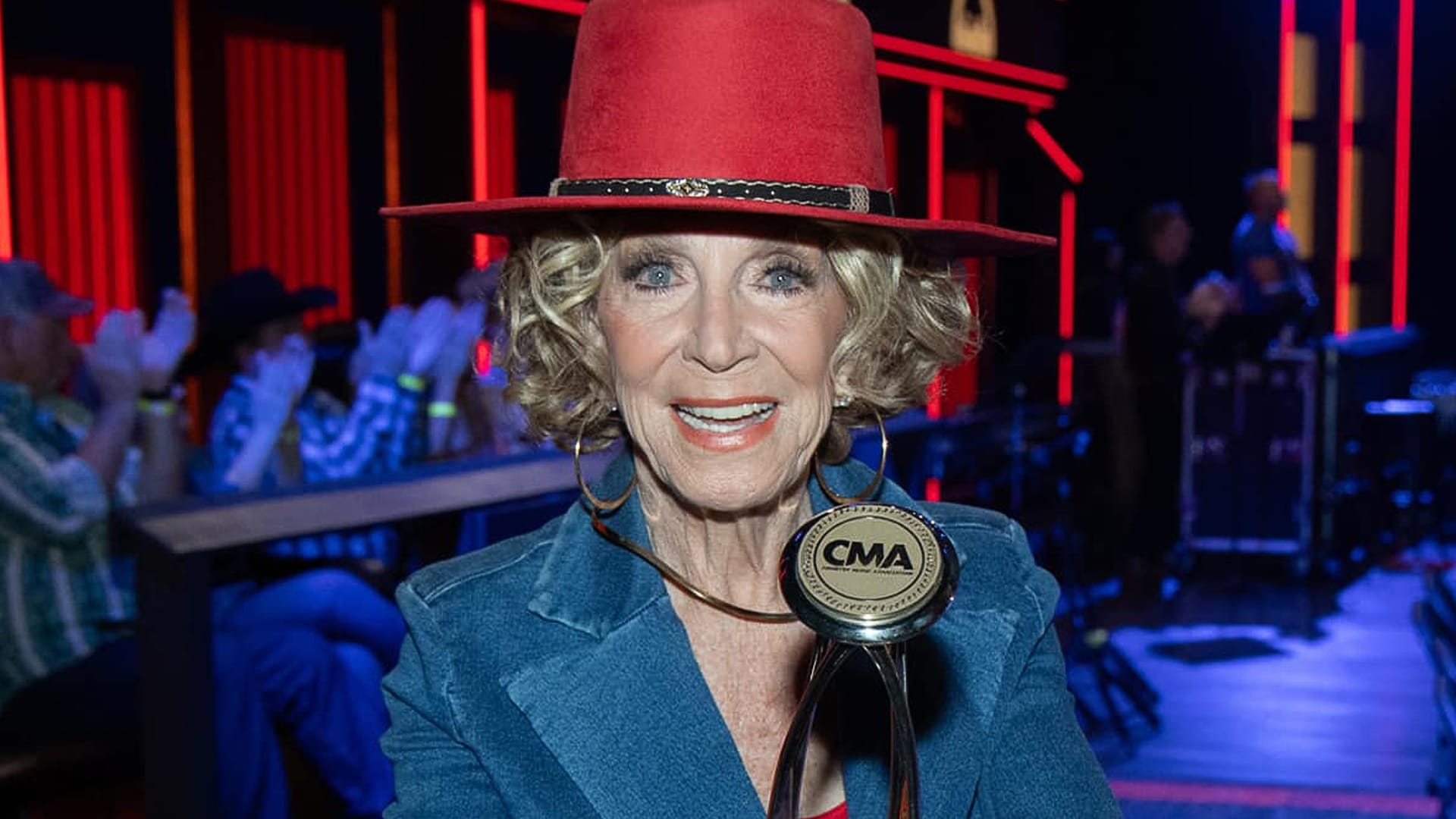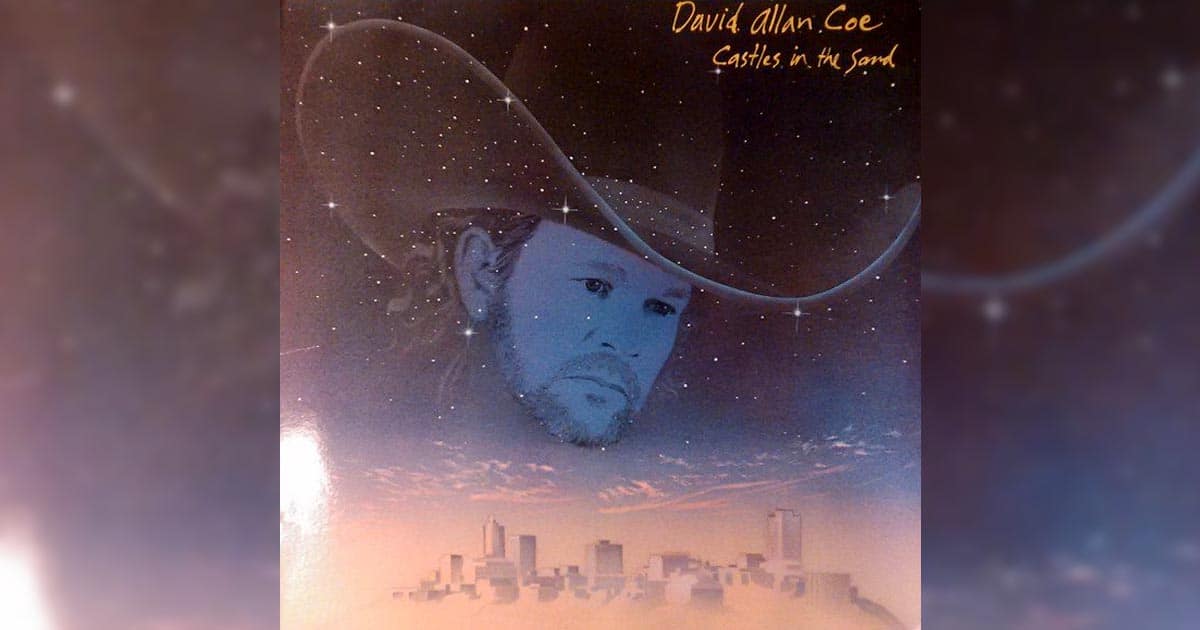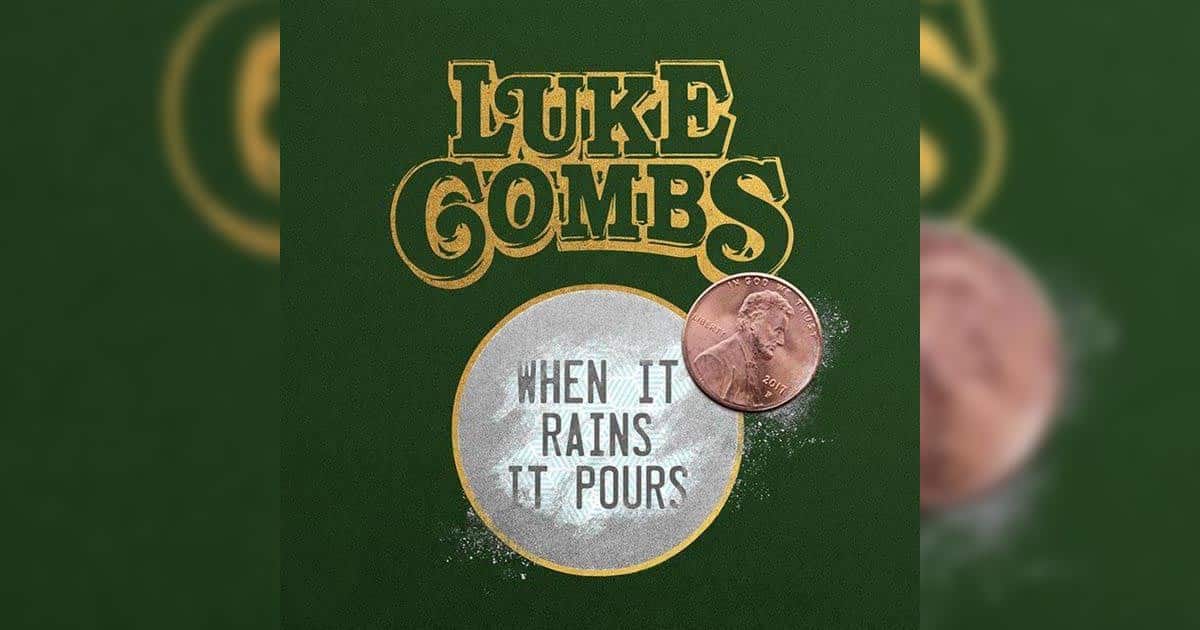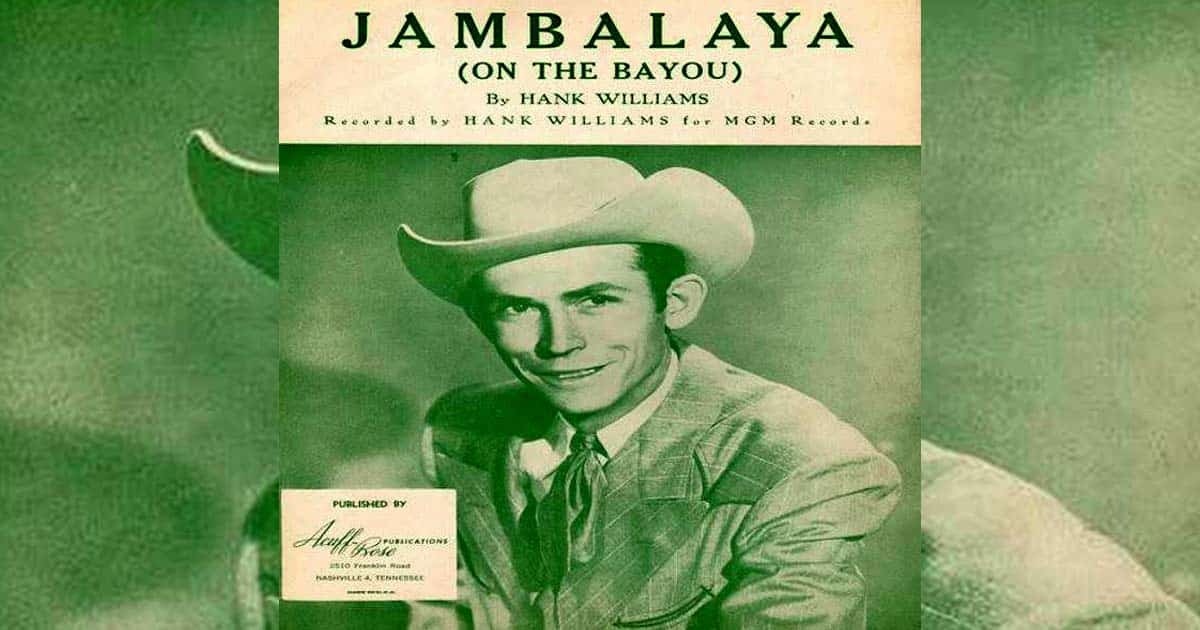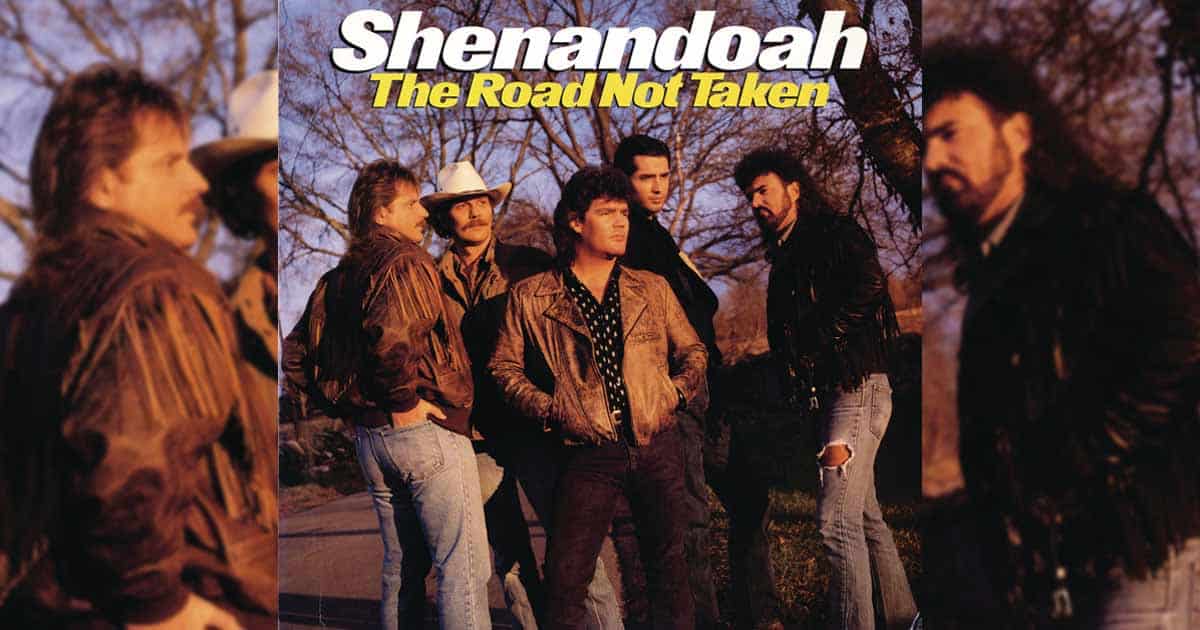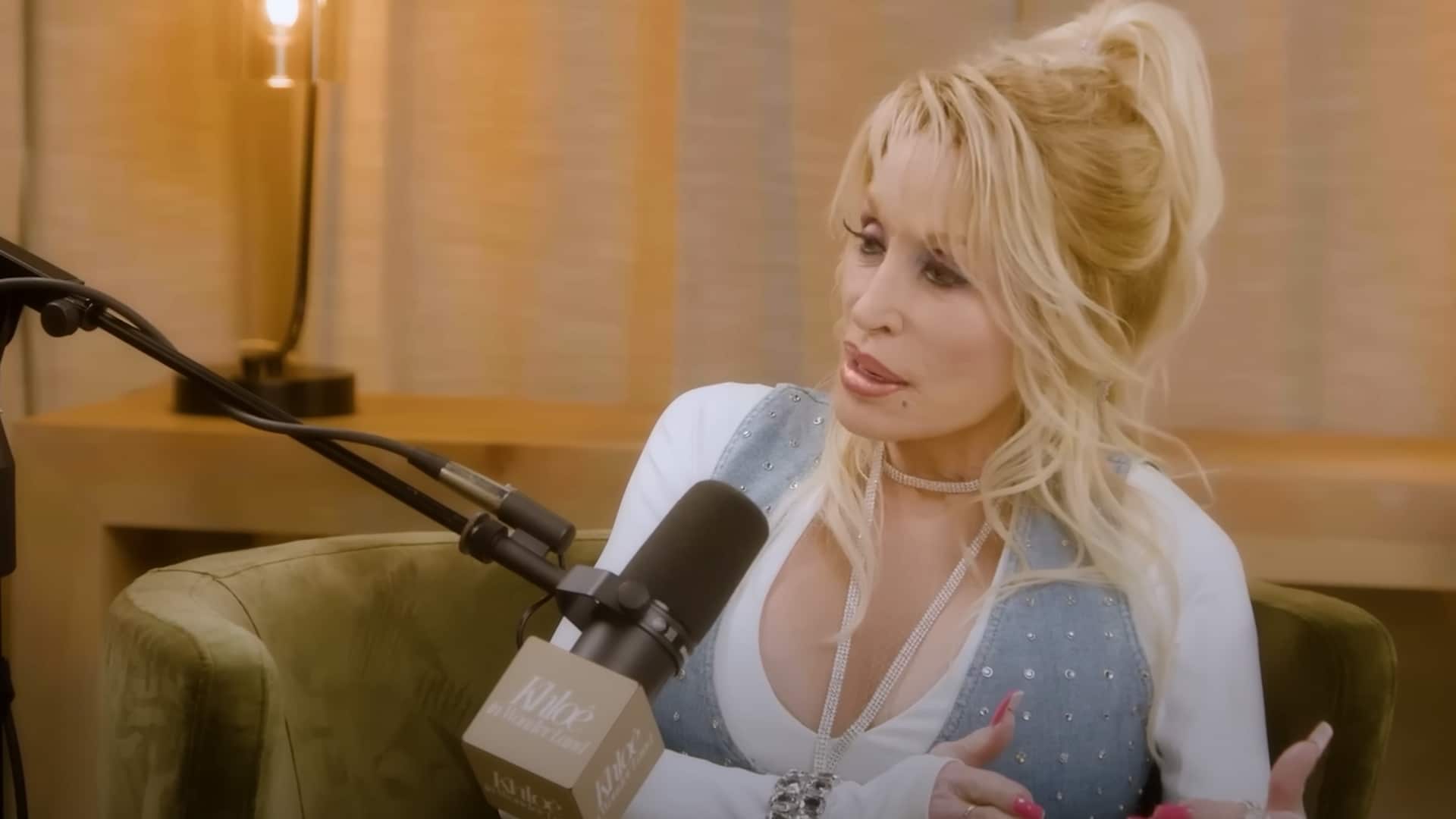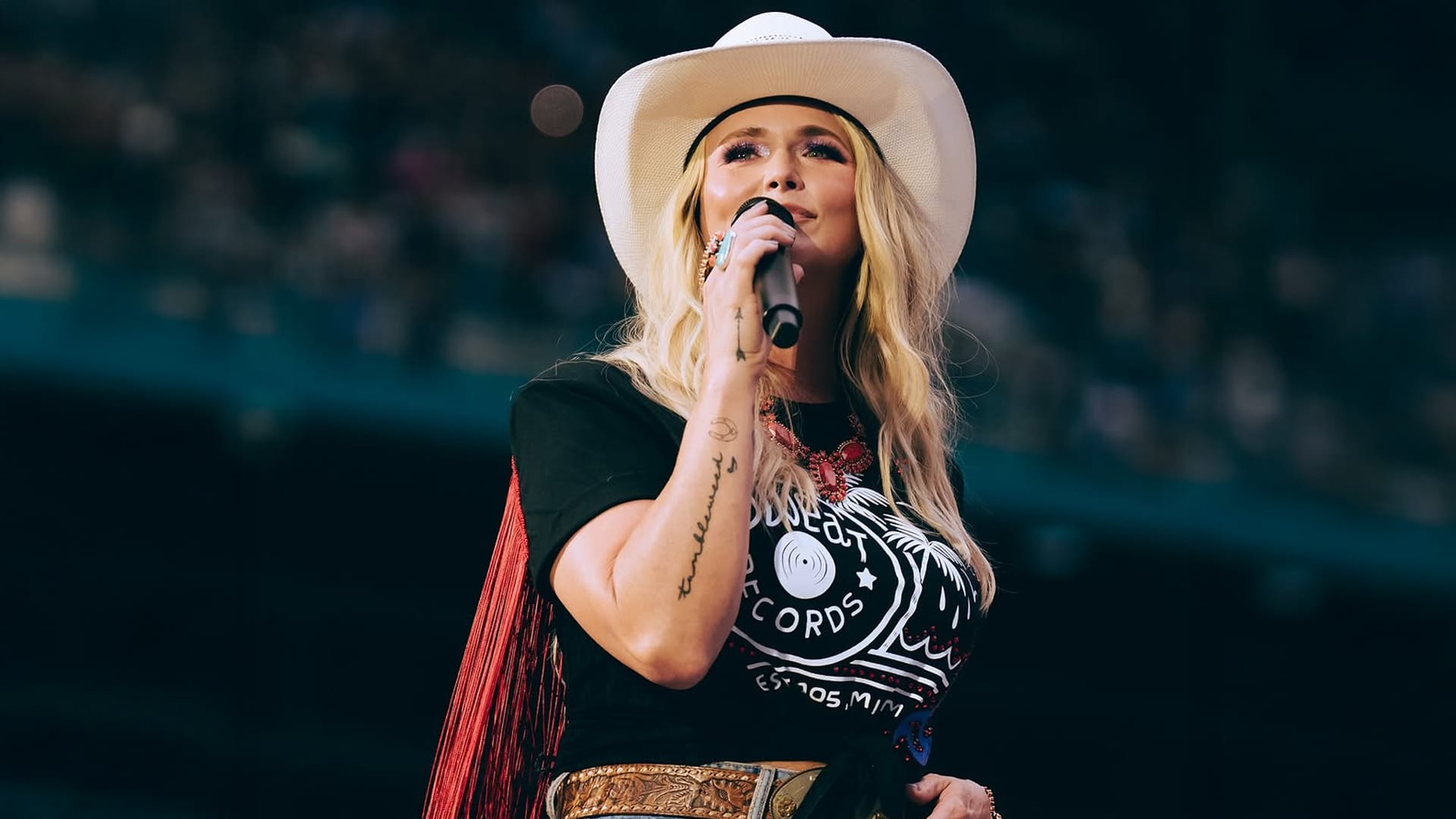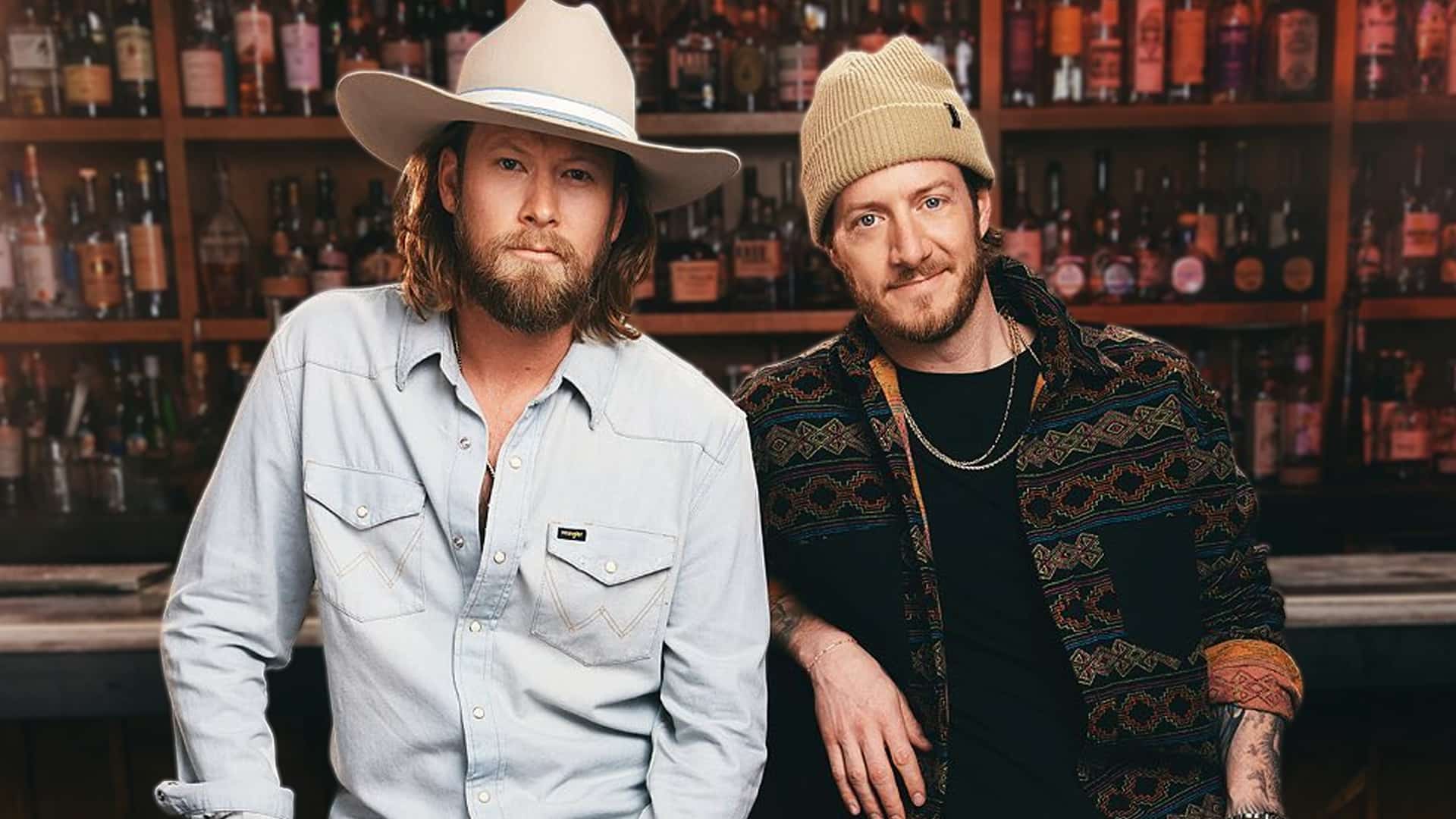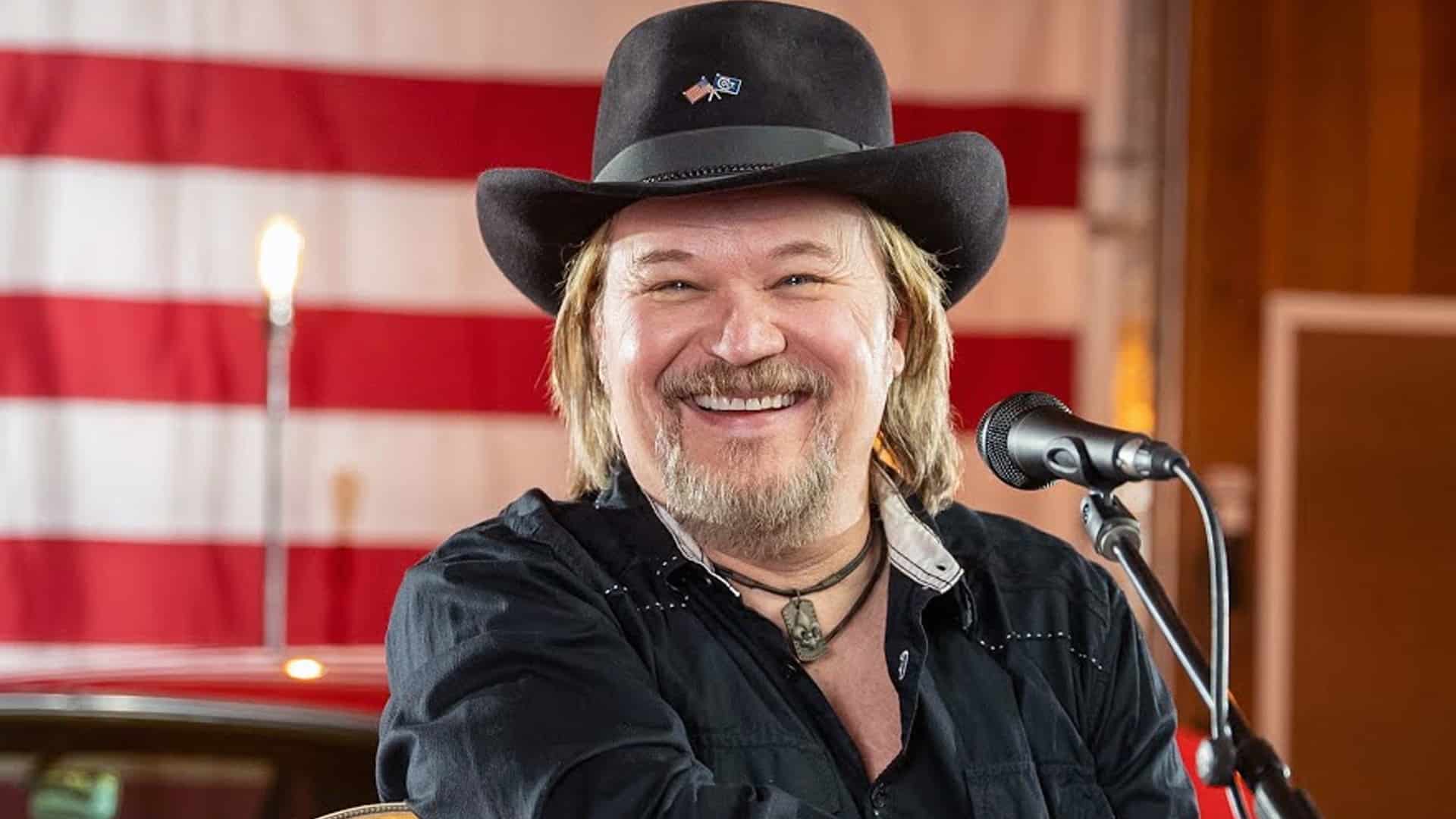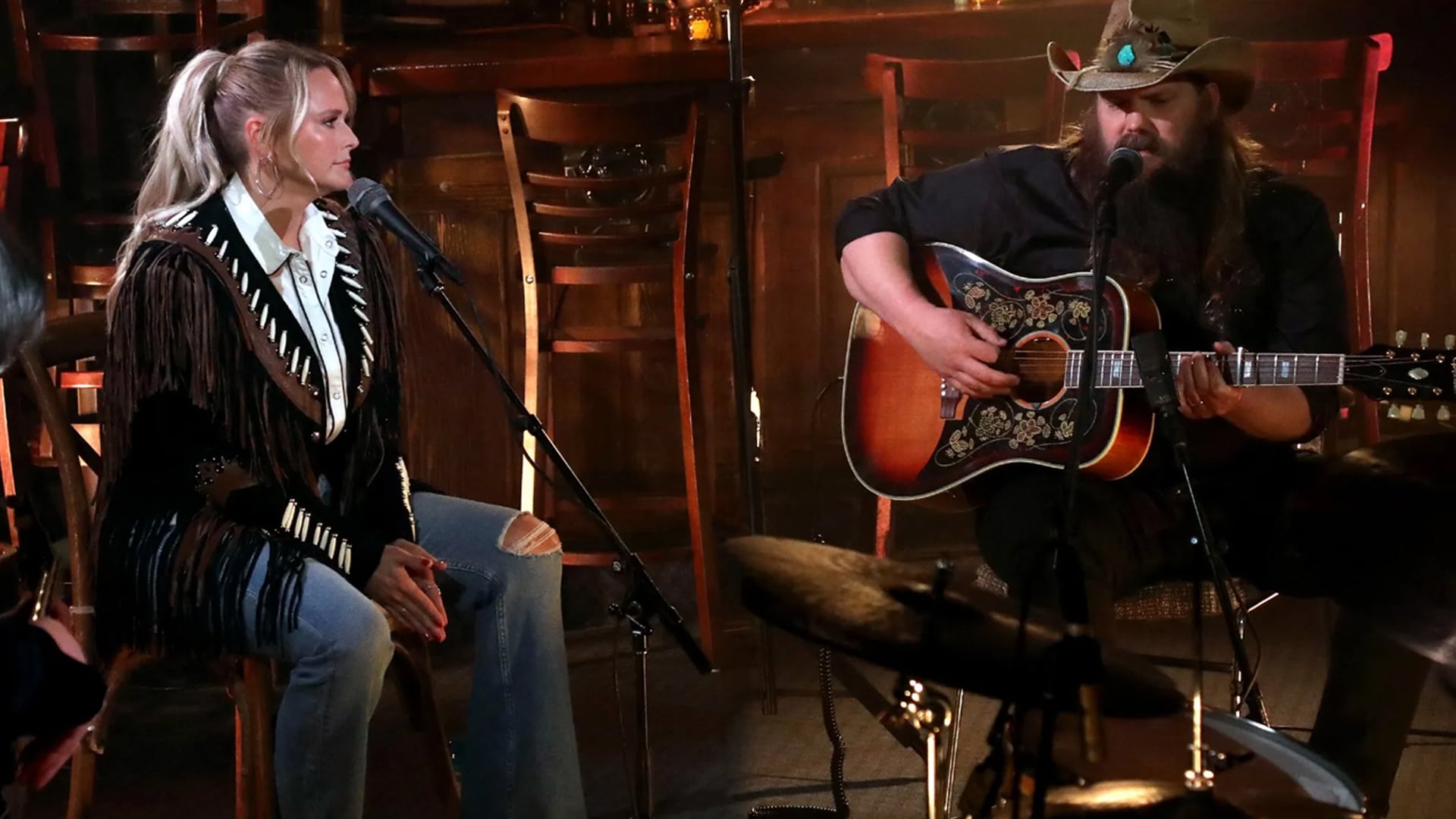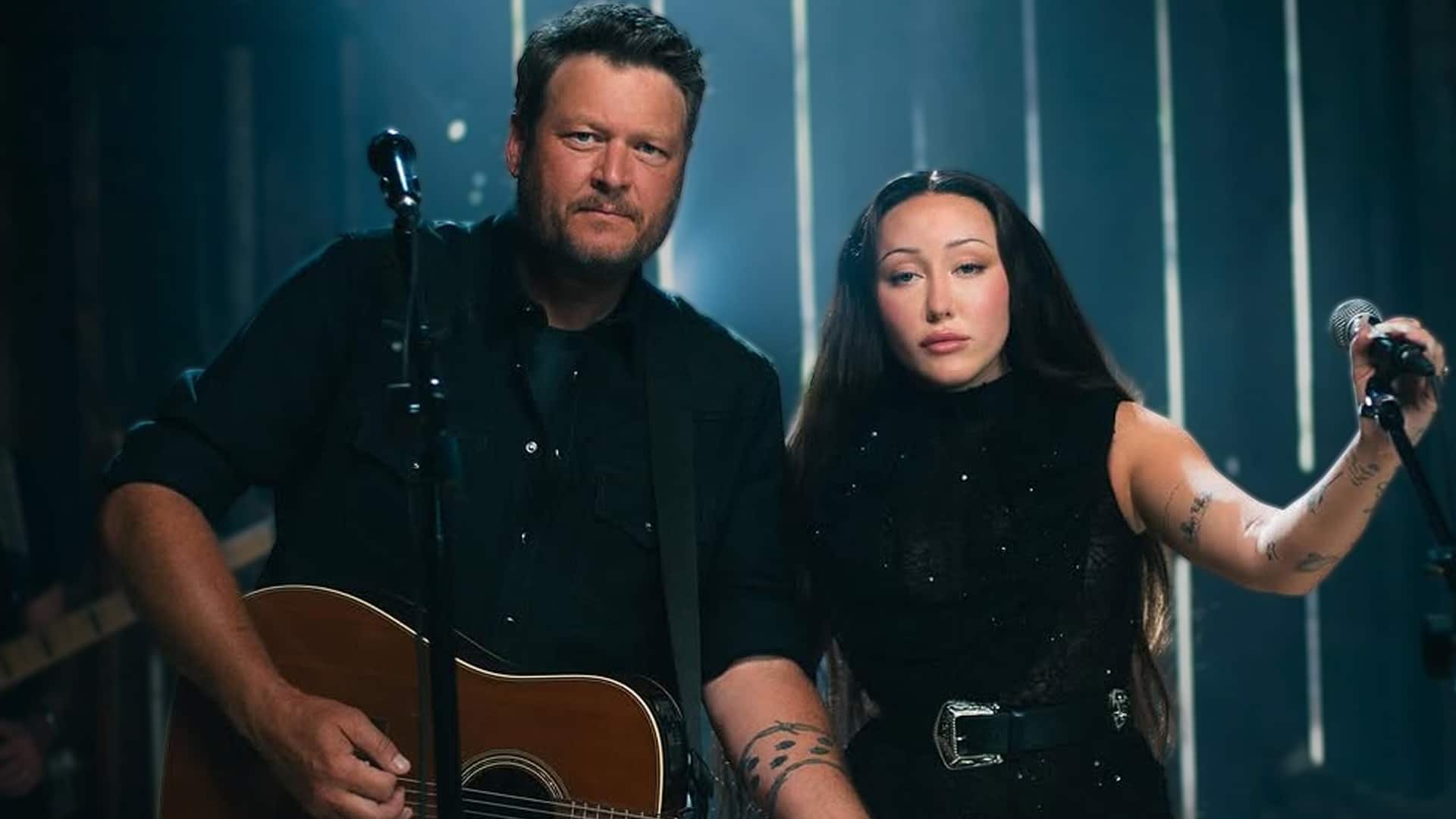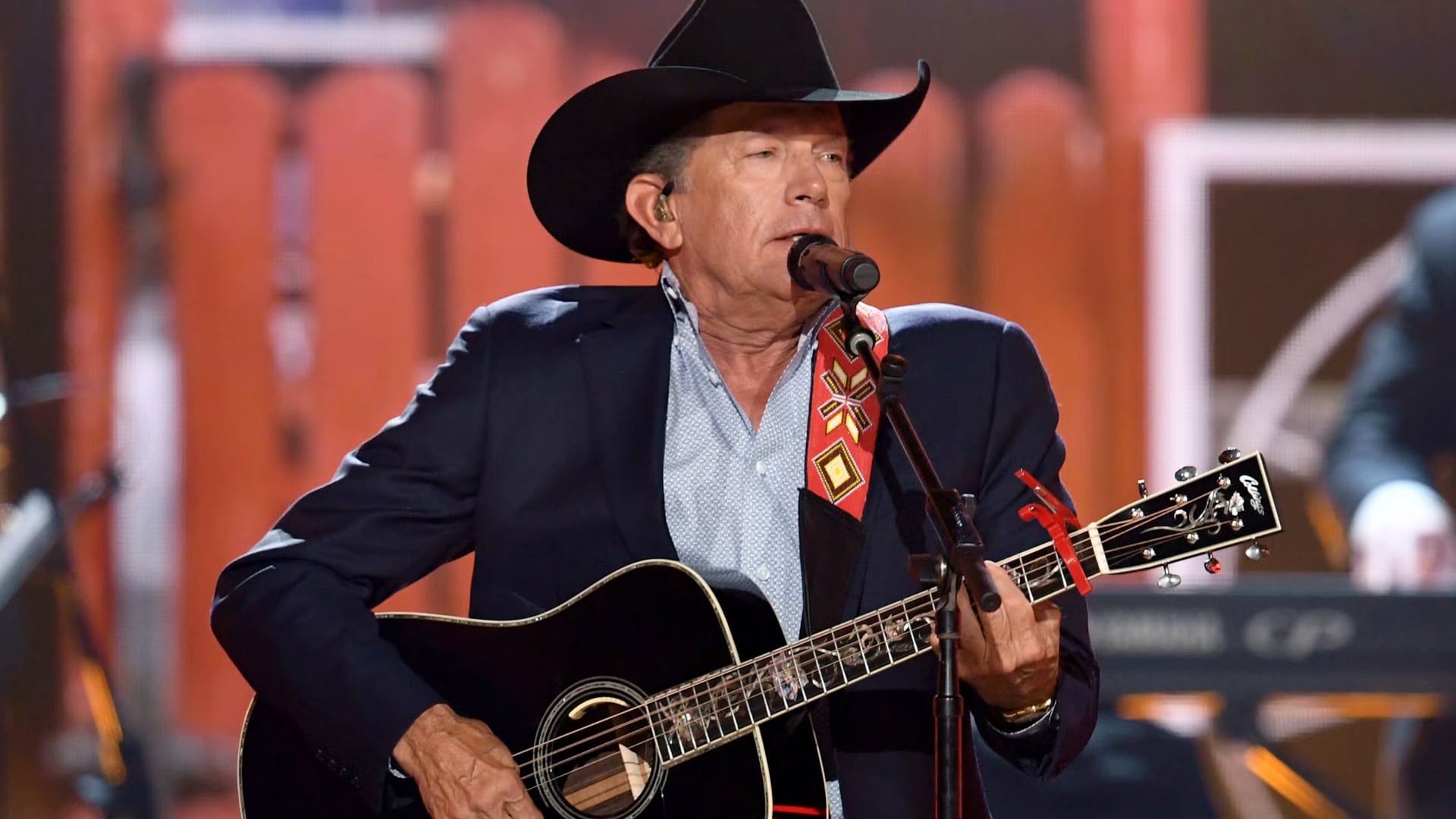In Nashville, a great song doesn’t always land in the right hands. Sometimes it gets stolen. Sometimes, it gets buried. And sometimes, if you’re lucky—and tough—it finds its way back home.
That’s exactly what happened to Jeannie Seely in the mid-1960s when she nearly lost what would become her signature song—”Don’t Touch Me”—to a wave of backroom deals, power plays, and bigger names trying to push her out of the way.
As told by Classic Country Music Stories, the song was born during a creative drought for legendary songwriter Hank Cochran. But he wasn’t just trying to write a hit—he was falling in love. The woman? A rising country talent named Jeannie Seely. When he finished the haunting, intimate ballad “Don’t Touch Me,” he played it for Seely and her tourmate Porter Wagoner. Then he handed it over—not for demoing or pitching, but for her to record.
It should’ve been simple. But in Nashville, nothing ever is.
Soon after, Cochran played the song for Buck Owens—already a towering figure in country music. Buck wanted it. But Hank didn’t blink. “You can’t have it,” he told him. “It’s already Jeannie’s.” Buck scoffed. “Who the heck is Jeannie Seely?” he asked.
That little question carried a whole lot of shade. But Seely didn’t have time to worry about Buck’s attitude—she had bigger fires to put out.
Because Owen Bradley, one of the most powerful producers in the business, had his own plans for “Don’t Touch Me.” He wanted it for Decca Records singer Wilma Burgess. And instead of stepping aside, Bradley and Burgess decided to race Seely to the charts, rush-recording their own version and shipping it to radio in hopes of beating her there.
It was a cold, calculated move—and it nearly worked.
RELATED: 15 Jeannie Seely Songs That Inspired a Generation of Women in Country Music
But Seely’s version hit first. And when it hit, it stuck. Her voice carried that song with the kind of ache you can’t fake. The single climbed to No. 2 on the Billboard Country chart, held off the top only by—you guessed it—a Buck Owens track.
Wilma Burgess’s version barely made a dent.
Hank Cochran always believed the sabotage cost Seely a No. 1. And he was probably right. But in the end, Seely got something better: a Grammy Award for Best Female Country Vocal Performance. This was the first of many milestones that made her one of the most respected voices in country music.
The irony is rich. The very people who tried to push her aside—Owens, Bradley, Burgess—became footnotes in her story. She didn’t just win the race. She made it hers.
Because when Jeannie Seely sings a song, she doesn’t just perform it. She owns it.
And no amount of industry muscle could steal that from her.

